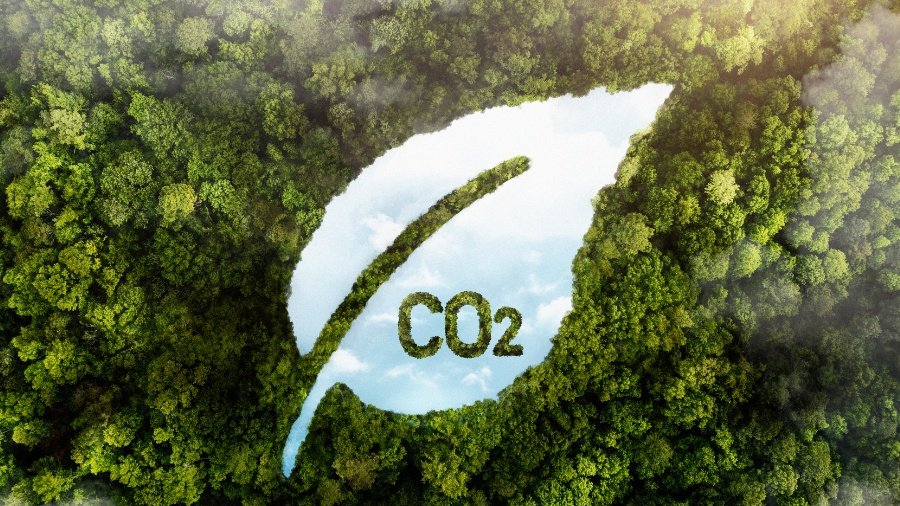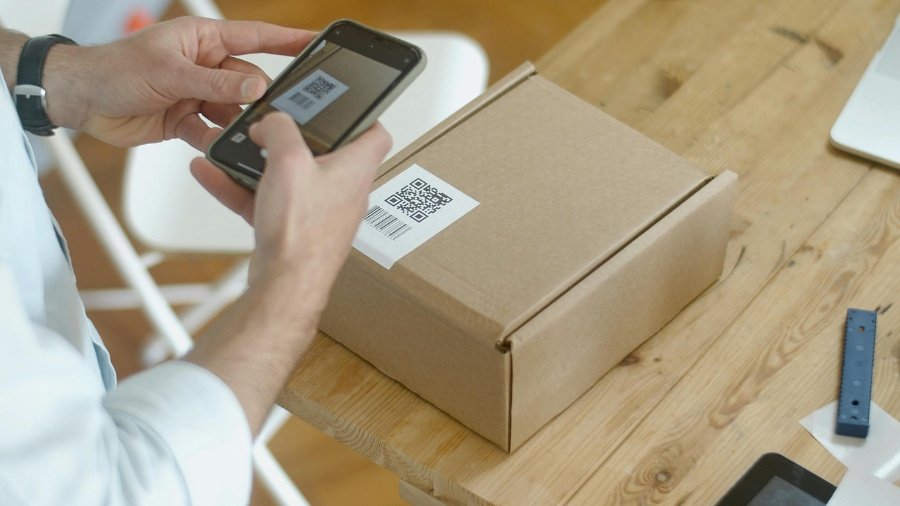
Bridgestone Unveils Potenza Sport A: Pioneering Tire with 55% Certified Recycled and Renewable Materials
Bridgestone, a global leader in premium tires and sustainable mobility solutions, has introduced the Potenza Sport A, its first mass-produced tire featuring 55% recycled and renewable materials certified by the International Sustainability and Carbon Certification (ISCC) PLUS. This development marks a significant milestone in the company’s ambitious goal of achieving 100% sustainable materials in its products by 2050.

India's Blockchain Revolution: Transforming Land Registry for Greater Transparency
India is poised to revolutionize its land registry system by adopting blockchain technology, a move that could drastically reduce inefficiencies, legal disputes, and corruption in property management.

Cameroon Introduces Digital Platform to Strengthen Cocoa Traceability and Meet EU Standards
Cameroon has announced the launch of a digital platform aimed at enhancing cocoa traceability, a move designed to bolster the country's cocoa sector amid rising global demands for sustainable and transparent sourcing.

Smallholder Farmers Face Challenges in Complying with EU Deforestation Regulations
The EU's Regulation on Deforestation-Free Supply Chains is a significant step towards transparency and responsible sourcing. However, smallholder farmers, particularly in Southeast Asia, face compliance challenges, risking exclusion from European markets without adequate support.

Monica Vinader Launches Fully Traceable Aquamarine Collection in Partnership with Zimbaqua
Demi-fine jewellery brand Monica Vinader has unveiled its first fully traceable aquamarine collection, dubbed Odyssey, in collaboration with Zimbaqua, Africa’s premier women-managed gemstone mine. This launch marks a significant milestone in the brand’s commitment to transparency and sustainability in the gemstone industry.

IOTA Unveils Digital Product Passport for Electronics, Pushing Boundaries in Sustainable Recycling
Demi-fine jewellery brand Monica Vinader has unveiled its first fully traceable aquamarine collection, dubbed Odyssey, in collaboration with Zimbaqua, Africa’s premier women-managed gemstone mine. This launch marks a significant milestone in the brand’s commitment to transparency and sustainability in the gemstone industry.

Advancing Customer Experience and Food Traceability: Wegmans' Leap to 2D Barcodes
Wegmans Food Markets, a pioneer in retail technology, is set to revolutionize customer interaction and food traceability with its latest technological leap. Having introduced barcode scanning to the grocery industry in 1974, Wegmans established itself as an early adopter of innovation, contributing significantly to the development of industry standards.

Tackling the Invisible Giant: Understanding and Reducing Scope 3 Emissions.
Scope 3 emissions, which include all indirect emissions not accounted for in Scope 1 and Scope 2, pose a significant challenge for businesses striving to reduce their carbon footprint.

The Importance and Evolution of European Sustainability Regulations
The European Union's commitment to sustainability is exemplified by its comprehensive and ambitious regulatory framework, encompassing historical milestones, key directives, sector-specific regulations, and robust enforcement mechanisms to ensure environmental protection and sustainable development.

Investigating the Best Practices for Traceable Supply Chain
Consumers today prioritize ethically sourced, environmentally friendly products, and companies like Nestle, Unilever, and H&M are leveraging traceability to build trust and enhance loyalty by providing transparency about their supply chains.

Mastering Environmental Footprint: A Strategic Imperative for B2B Success
Mastering environmental footprinting is a strategic imperative for B2B companies to achieve regulatory compliance, enhance competitiveness, reduce costs, and build a strong brand reputation, with this article providing a comprehensive roadmap for their journey.

Digital Product Passports: Enhancing Transparency and Sustainability in the Modern Supply Chain
Digital Product Passports (DPPs) enhance product lifecycle transparency and traceability by digitally recording comprehensive information accessible to all value chain stakeholders.
